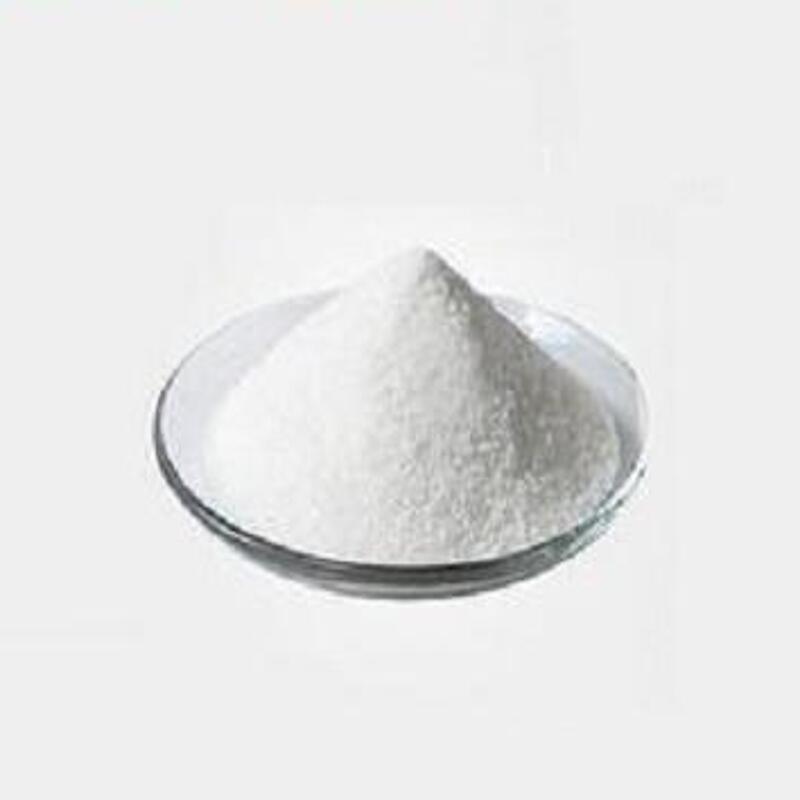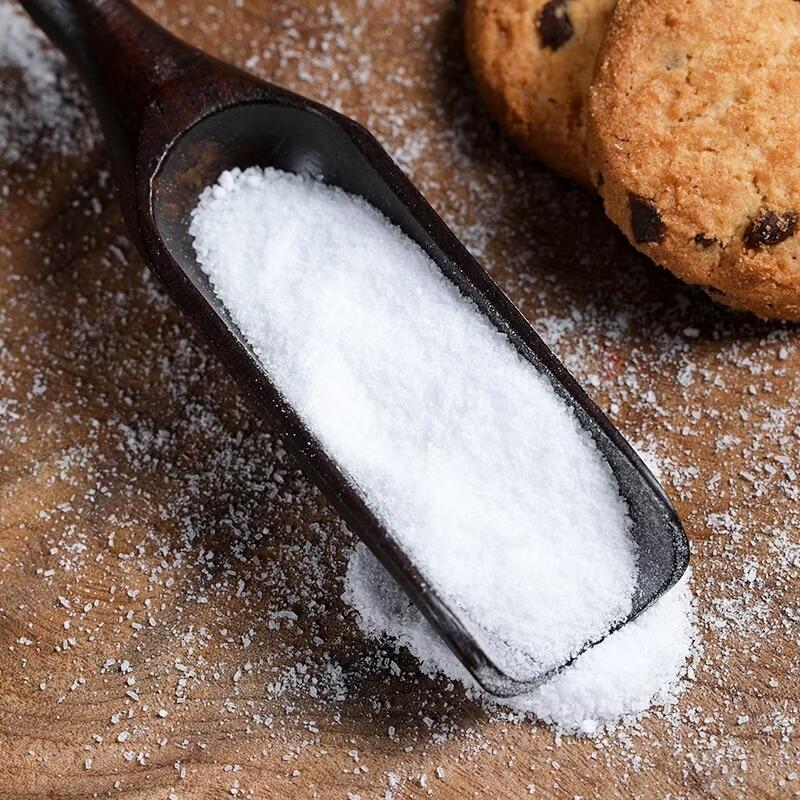-
Categories
-
Pharmaceutical Intermediates
-
Active Pharmaceutical Ingredients
-
Food Additives
- Industrial Coatings
- Agrochemicals
- Dyes and Pigments
- Surfactant
- Flavors and Fragrances
- Chemical Reagents
- Catalyst and Auxiliary
- Natural Products
- Inorganic Chemistry
-
Organic Chemistry
-
Biochemical Engineering
- Analytical Chemistry
-
Cosmetic Ingredient
- Water Treatment Chemical
-
Pharmaceutical Intermediates
Promotion
ECHEMI Mall
Wholesale
Weekly Price
Exhibition
News
-
Trade Service
.
After evaluation, the panel concluded that there are no safety concerns for glycosylated steviol glycosides as a new food additive at recommended levels of use
.
Some of the original reports are as follows:
.
Some of the original reports are as follows:
The EFSA Panel on Food Additive and Flavourings (FAF) assessed the safety of glucosylated steviol glycosides proposed for use as a new food additive in different food categories.
Glucosylated steviol glycosides consist of a mixture of glucosylated steviol glycosides, containing 1–20 additional glucose units bound to the parent steviol glycosides.
Glucosylated steviol glycosides consist of not less than 95% (on dry, dextrin-free, basis) of total steviol glycosides, comprised of glucosylated and parent steviol glycosides.
Glucosylated steviol glycosides are produced via enzymatic bioconversion using cyclomaltodextrin glucanotransferase (CGTase) (EC 2.
4.
1.
19), derived from a non-genetically modified strain of Anoxybacillus caldiproteolyticus, that catalyses the transfer of glucose from starch to steviol glycosides mixtures isolated from the dried leaves of Stevia Rebaudiana.
The Panel cosidered that the metabolism of glucosylated steviol glycosides is sufficiently similar to the already authorised steviol glycosides, and thus, the toxicological data previously assessed by the ANS Panel for steviol glycosides (E 960) were considered to support their safety as food additive.
The existing acceptable daily intake (ADI) for steviol glycosides (E 960) of 4?mg/kg body weight (bw) per day expressed as steviol can also be applied to glucosylated steviol glycosides.
The Panel coincluded that there is no safety concern for the use of glucosylated steviol glycosides as a new food additive at the proposed use and use levels.
The Panel recommended some modifications to the specifications proposed by the applicant for glucosylated steviol glycosides with respect to the assay, the definition of the proposed new food additive and the proposed maximum limits for arsenic.
Glucosylated steviol glycosides consist of a mixture of glucosylated steviol glycosides, containing 1–20 additional glucose units bound to the parent steviol glycosides.
Glucosylated steviol glycosides consist of not less than 95% (on dry, dextrin-free, basis) of total steviol glycosides, comprised of glucosylated and parent steviol glycosides.
Glucosylated steviol glycosides are produced via enzymatic bioconversion using cyclomaltodextrin glucanotransferase (CGTase) (EC 2.
4.
1.
19), derived from a non-genetically modified strain of Anoxybacillus caldiproteolyticus, that catalyses the transfer of glucose from starch to steviol glycosides mixtures isolated from the dried leaves of Stevia Rebaudiana.
The Panel cosidered that the metabolism of glucosylated steviol glycosides is sufficiently similar to the already authorised steviol glycosides, and thus, the toxicological data previously assessed by the ANS Panel for steviol glycosides (E 960) were considered to support their safety as food additive.
The existing acceptable daily intake (ADI) for steviol glycosides (E 960) of 4?mg/kg body weight (bw) per day expressed as steviol can also be applied to glucosylated steviol glycosides.
The Panel coincluded that there is no safety concern for the use of glucosylated steviol glycosides as a new food additive at the proposed use and use levels.
The Panel recommended some modifications to the specifications proposed by the applicant for glucosylated steviol glycosides with respect to the assay, the definition of the proposed new food additive and the proposed maximum limits for arsenic.
This article is edited by Foodmate.
com Food Information Center for the reference of netizens.
If you have any questions, please contact news@foodmate.
net
.
com Food Information Center for the reference of netizens.
If you have any questions, please contact news@foodmate.
net
.







